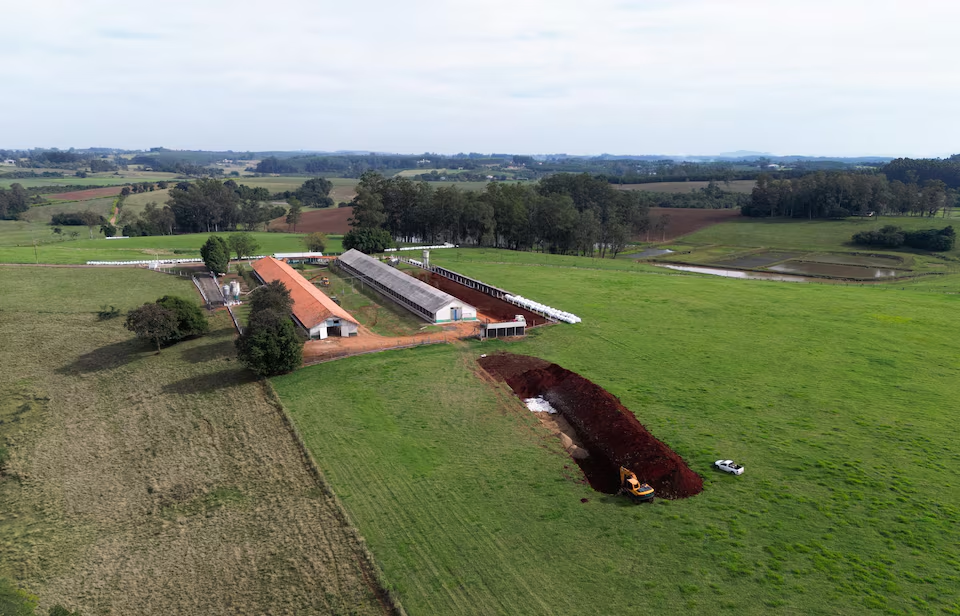Brazilian authorities and poultry producers have ramped up biosecurity and monitoring measures in the southern state of Santa Catarina after a strain of avian influenza (H5N1) was detected near commercial poultry operations, officials confirmed on Sunday, May 18, 2025.
The discovery of the virus in wild birds and smallholder properties has alarmed the agricultural sector, as Santa Catarina is one of Brazil’s leading poultry-producing regions. Although no infections have been detected within major commercial flocks, the proximity of the outbreaks to large-scale farms has triggered heightened surveillance and strict containment protocols.
The Ministry of Agriculture said that movement of birds, eggs, and equipment within a 10-kilometer radius of affected zones has been restricted, and teams have been deployed to test nearby commercial facilities. The government stressed that these are preventative steps and that Brazil remains free of avian flu in its commercial poultry system—a vital classification for maintaining international export agreements.
“Our priority is to protect Brazil’s poultry industry and ensure public health safety,” said Carlos Fávaro, Brazil’s Minister of Agriculture. “We are applying the most rigorous surveillance possible in these areas.”
Brazil is the world’s largest exporter of chicken meat, supplying over 150 countries. The industry is a cornerstone of the national economy, generating billions in revenue and employing hundreds of thousands of people. A confirmed outbreak in commercial poultry could lead to devastating trade restrictions from major importers such as China, Saudi Arabia, and the European Union.
The country has been on high alert since early 2023, when bird flu outbreaks began spreading globally. While South America had largely been spared, the recent emergence of the virus in neighboring countries raised concerns that Brazil’s dense poultry corridors might soon be affected.
So far, the H5N1 strain has been found in migratory birds and backyard flocks, particularly in areas close to wetlands and lakes that attract waterfowl. Experts believe the virus was likely introduced by migratory species, a common transmission vector globally. To reduce risks, authorities have intensified monitoring in protected ecological areas and small-scale farms, which are often less secure.
Industry associations such as ABPA (Brazilian Animal Protein Association) have backed the government’s response and encouraged all producers to review safety protocols. These include disinfecting vehicles, restricting visitor access, and using protective clothing for farmworkers. The ABPA also issued a reminder to refrain from moving birds without official clearance.
The World Organization for Animal Health (WOAH) has been notified of the incidents and is working with Brazilian officials to monitor the situation. While no human cases have been reported, health authorities are also tracking farm workers and those who may have come into contact with infected birds as a precaution.
Brazil’s poultry sector previously weathered similar threats in 2023 and 2024 through aggressive containment and early detection efforts. The current situation is being described as “under control but critical”, with the government urging calm while acknowledging the risk to global trade.
Exports have not been interrupted, but countries that import Brazilian poultry are watching closely. A single confirmed case within an industrial plant could prompt temporary bans or increased sanitary inspections, impacting both supply chains and international confidence.
For now, Brazil’s strategy hinges on rapid detection, transparency, and adherence to international animal health protocols. Officials remain optimistic that with the current measures, the virus can be contained without entering the commercial poultry population.
Still, with global cases of bird flu on the rise and the virus mutating in unpredictable ways, Brazil’s poultry sector faces a crucial test in maintaining its biosecurity shield — and its status as a world poultry powerhouse.
Source; Reuters



